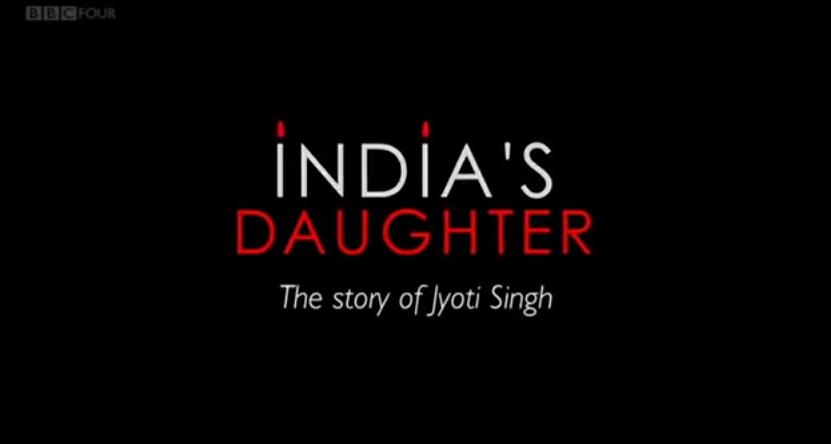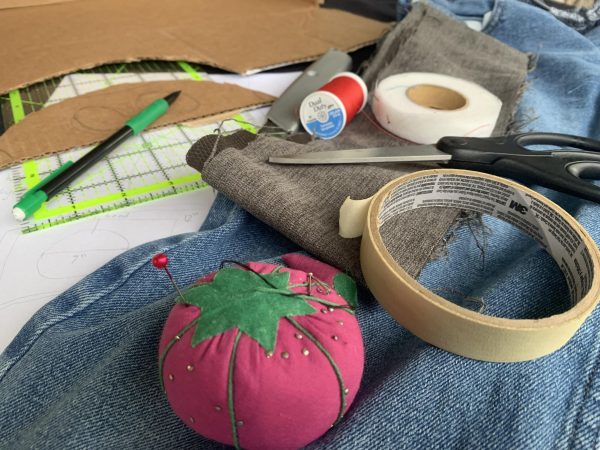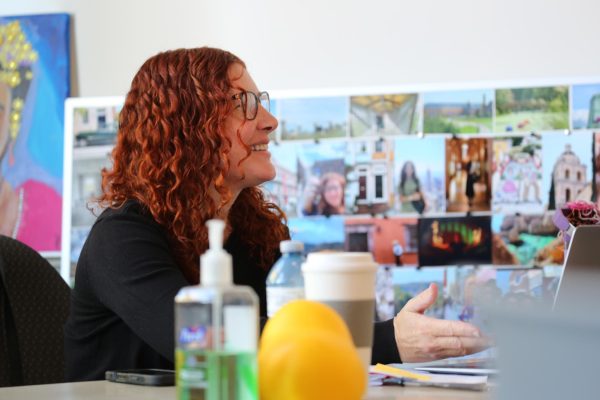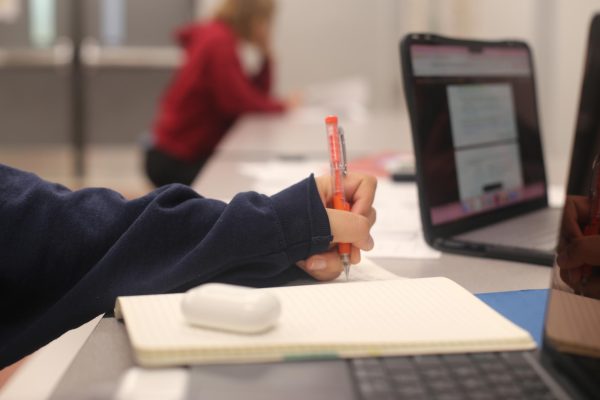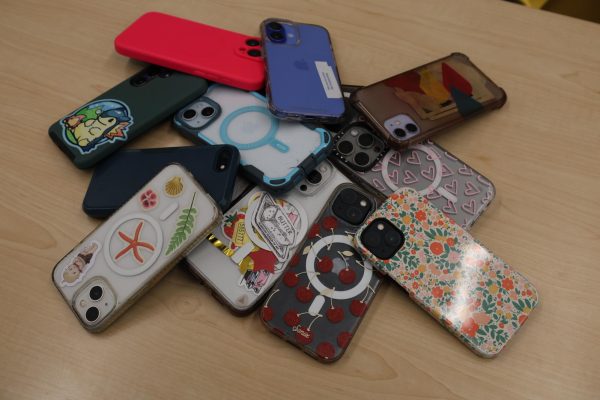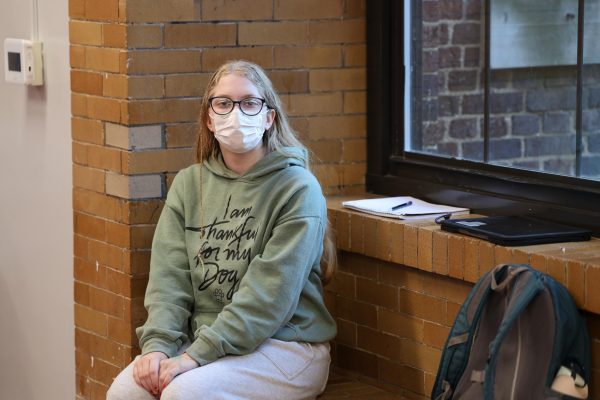A Girl Can Do Anything
“India’s Daughter,” a documentary focusing on the brutal gang rape case in 2012 of Jyoti Singh, was banned from being aired on television in India. The BBC hoped to release the video to the Indian public on International Women’s Day on March 8, 2015, but instead it is now available on YouTube. The video is still forbidden to be shown in India, so the problem will not be solved. The ban is useless because social media and connections all over the world have ensured that people will definitely watch it anyway.
The video includes footage of statements from the parents of the victim, the defense lawyers of the rapists, a friend of the victim, doctors, professors and psychologists and even one of the rapists, Mukesh Singh. The documentary also shows the criminals before approaching the spot they were going to be hanged in. Despite the gruesome story and graphic footage, India has mainly banned it to “protect its image.”
“A decent girl won’t roam around at 9 o’clock at night,” Mukesh Singh said. “A girl is far more responsible for rape than a boy.” He, and the other murderers’ defense lawyers, share the same view.
Jyoti Singh was gang-raped in a bus after watching a movie with a friend that was a boy – it is not her fault that she was tricked onto a bus and was nearly murdered. It is not her fault that the rapists pulled out her intestines. It is not her fault that she wanted to spend time with her friend, because she would be too busy during her upcoming internship.
As an Indian and as a female, it is appalling to know that these sexist views still exist. Banning the video is only avoiding the true problem: many men think they are better than women.
“We have the best culture. In our culture there is no place for women,” said M. L. Sharma, a defense lawyer to the rapists.
India is a country with a blend of religions – Hinduism, Islam, Christianity and Sikhism. At least 80 percent of the country is Hindu. The Hindu scripture, the Bhagavad Gita, says in its ninth book: “I look upon all creatures equally; none are less dear to me and none more dear.” Similarly, the scriptures of the other religions, the Qu’ran, the Bible and Guru Granth Sahib, share the same beliefs of equality – religion does not support this mindset.
In the case of Jyoti Singh, which is called the Nirbhaya case, the cause could not have been sexual frustration. Sexual frustration would not have caused the rapists to beat her with an iron rod. The issue is that the men think they have power over women, that a women is just an object of sex if she is wearing the “wrong” clothing or is out at night. “She should not be put on the street just like food,” Sharma continued to say how women are flowers that need the thorns, or men, for protection. The rapists were hanged, but the mindset lives on in the defense lawyer’s.
Although India is the fourth largest economy in the world and has aspirations to grow, sexism is a hinderance. As of 2013, there were 37 million more men than women. Many parents rejoice over a baby boy, but are disappointed if their baby is a girl. As a result, a significant amount of girls are uneducated and the cycle of gender inequality continues.
Those who are opposed to airing the video claim that it will only support the interviewed rapist’s arrogant views. It will put him on a pedestal because he justifies the rape and shows no remorse. However, it it will throw the mindset back into the face of those who actually believe it. The video does not glorify the rapist; it exposes the mindset.
Despite the ban, the video’s popularity has increased over the past few days.
“Whatever the Nirbhaya rapist or the lawyer said, it’s not enough to take offence [sic] with the individual. Our society is breeding this mindset,” @Ish_Malhotra posted on Twitter.
It is unfair for a woman to to feel unsafe at any time or any place. There is nothing different between a male and a female when it comes to living a happy life. It must be ensured that a female can live her life the same way a male can.
Society itself cultivates the thought that women are of no value, causing men who rape to justify the action in their mind. The idea is changing, and “India’s Daughter” has sparked an international debate. Prime Minister Modi of India has launched a program that calls for the eradication of female feticide, and raises awareness and improves the efficiency of welfare services meant for women. It is called “Beti Bachao, Beti Padhao,” translated as “save a girl, educate a girl.” During the protest in Delhi for the Nirbhaya case in 2012, women held “My Body. My Right. My City. My Right.” posters proudly. Bollywood actress Kirron Kher responded to the case as well.
“We need to have programs in our schools so that mindset change is brought about,” she said. “So they respect women and realize consent belongs to the women and the right to how she dresses and speaks belongs to her.” The movement is continuing, and it will hopefully change the horrid mindset.
Jyoti was in medical school and it was her dream was to become a doctor.
“A girl can do anything,” she said.




